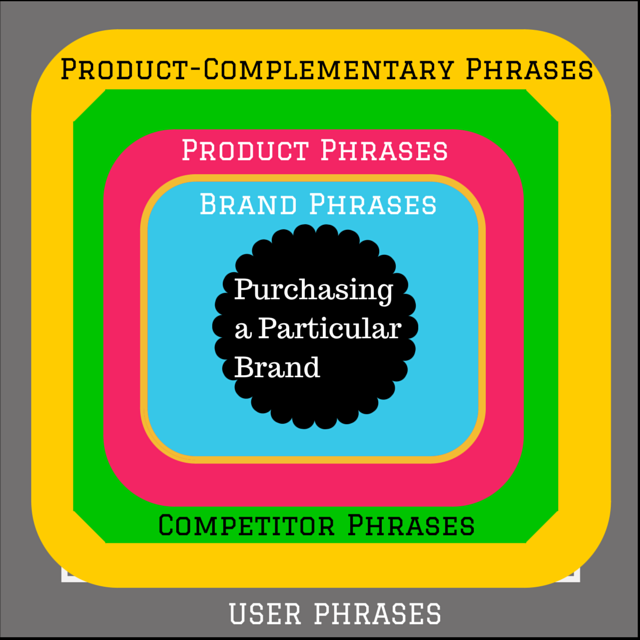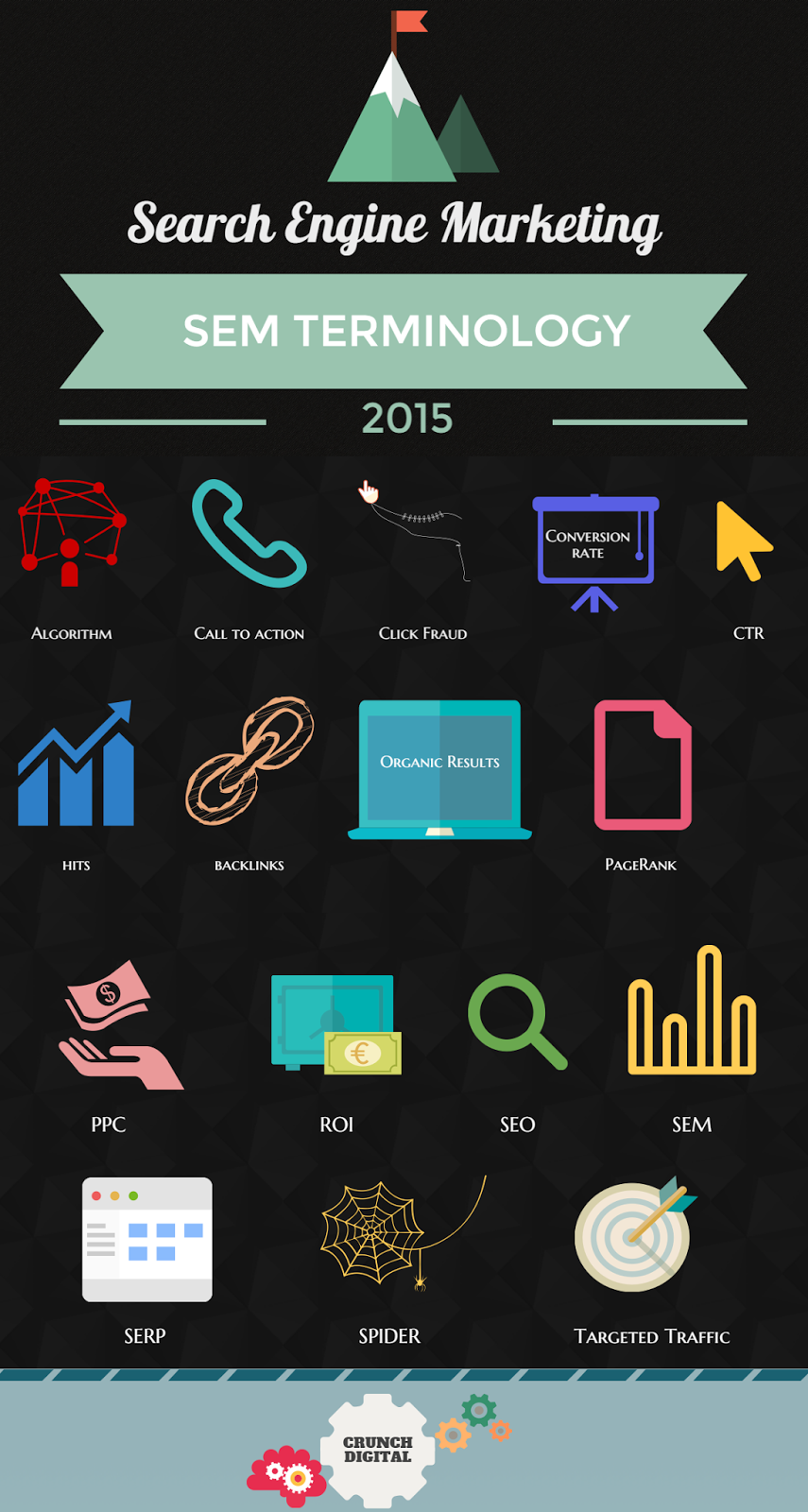Increase Subscribers and Views
Looking for more visibility
for your features? Here is a rundown of tips and traps that you can apply to
expand supporters and perspectives −
·
Post reliably. Verify you give significant Content.
·
Compose titles of your videos deliberately. Keep it essential and
applicable.
·
Make utilization of annotations. It may draw in more
memberships.
·
Request likes and subscribes toward the end of the video.
·
Make a video channel. Make a presenting timetable and stick on
it.
·
Create video channel. It develops your brands to a more extensive
scope. In this manner it has vast effect on your branding.
·
Subscribe to different channels to pull in more subscribers.
Increase
Video Views
You can expand your video
views essentially by taking the accompanying measures −
·
Add video links to your website.
·
Offer it astutely on social media platforms.
·
Add it to your IM and status (say skype status).
·
Make catchy titles.
·
Make it convincing and worth seeing.
·
Request that an outsider affirm your depictions.
·
Include a custom/engaging thumbnail.
·
Include annotations.
·
Request shares.
·
Make a jukebox sort playlist of your features. Thought is collect
them in a case.
·
Effectively answer to comments.
·
Purchase views.

















